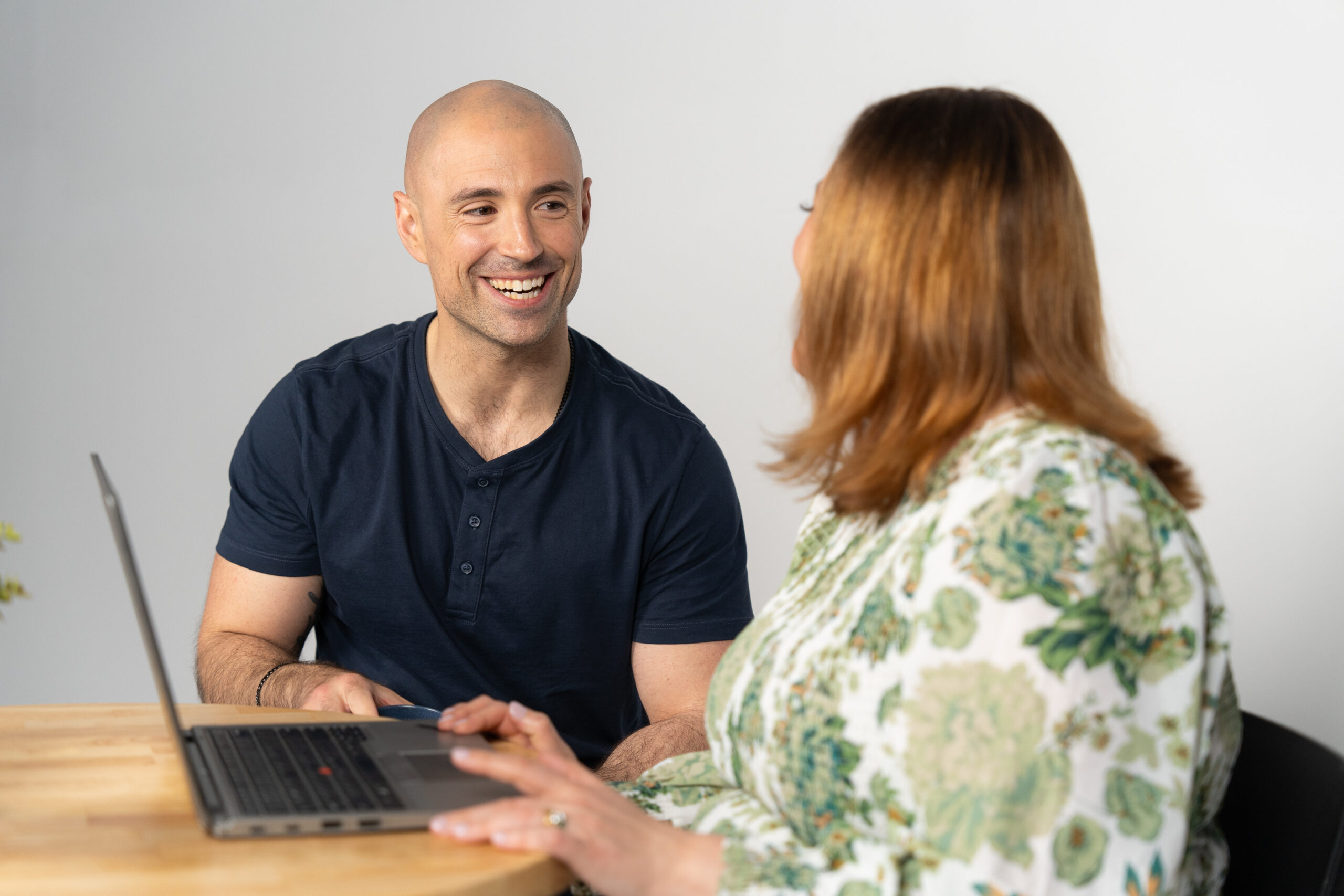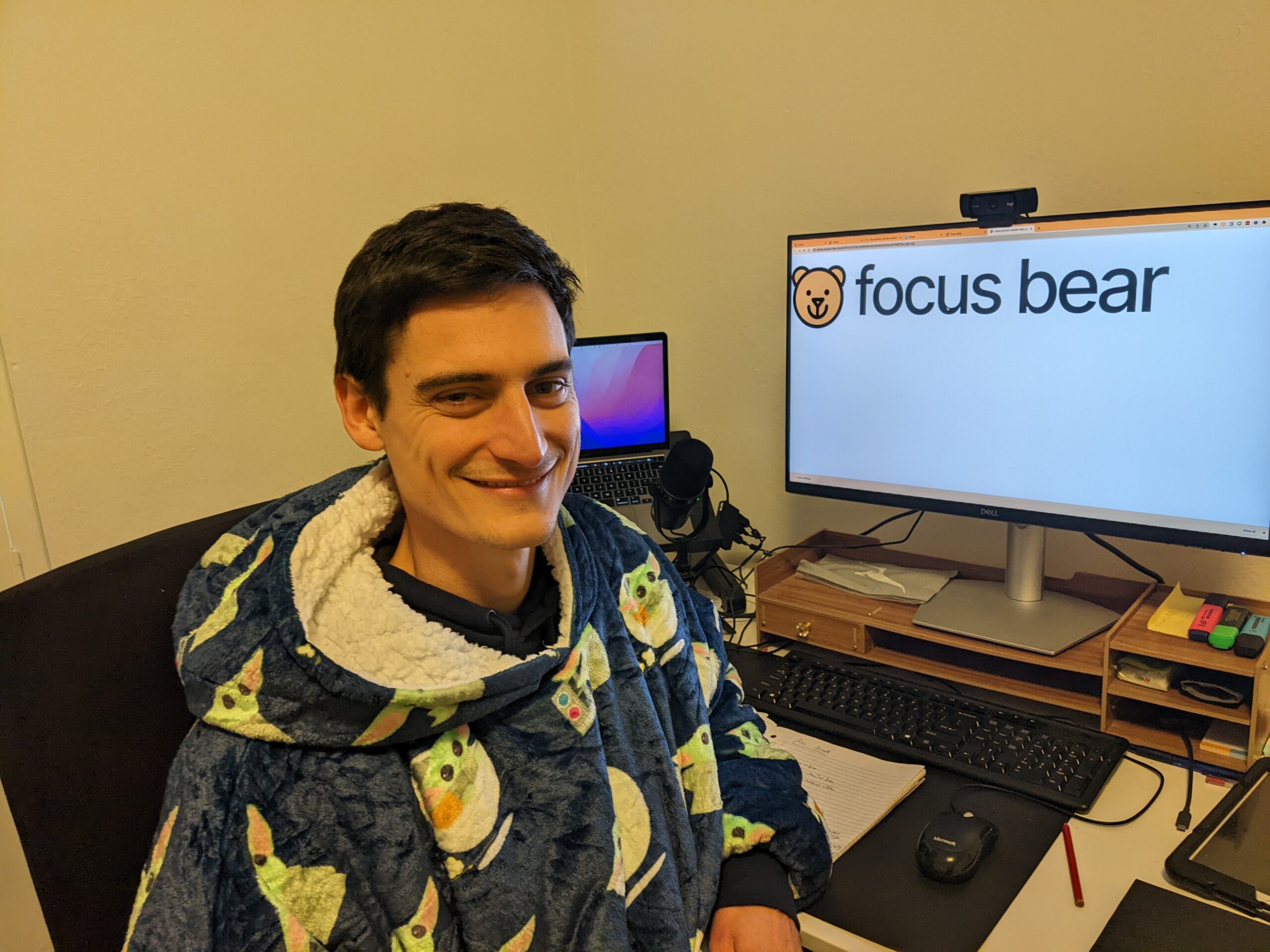
Opportunity for Employers and Businesses – Share Your Story!
As most neurodivergent people know, or have discovered through sometimes negative experience, society is full of hidden rules. Things that everyone else seems to know, but which no-one ever explains or states clearly. A lot of the difficulties the neurodiverse experience come from tripping over these hidden rules.
Read more
October is Dyslexia Awareness Month
As most neurodivergent people know, or have discovered through sometimes negative experience, society is full of hidden rules. Things that everyone else seems to know, but which no-one ever explains or states clearly. A lot of the difficulties the neurodiverse experience come from tripping over these hidden rules.
Read more
Rethinking Recruitment
As most neurodivergent people know, or have discovered through sometimes negative experience, society is full of hidden rules. Things that everyone else seems to know, but which no-one ever explains or states clearly. A lot of the difficulties the neurodiverse experience come from tripping over these hidden rules.
Read more
October is ADHD Awareness Month
As most neurodivergent people know, or have discovered through sometimes negative experience, society is full of hidden rules. Things that everyone else seems to know, but which no-one ever explains or states clearly. A lot of the difficulties the neurodiverse experience come from tripping over these hidden rules.
Read more
Showing my work made all the difference
As most neurodivergent people know, or have discovered through sometimes negative experience, society is full of hidden rules. Things that everyone else seems to know, but which no-one ever explains or states clearly. A lot of the difficulties the neurodiverse experience come from tripping over these hidden rules.
Read more
How South Australian Employers are Strengthening Pathways to Inclusive Employment
In Australia and beyond, autistic adults continue to be locked out of meaningful employment opportunities. To address this systemic gap, Autism SA launched the Strengthening Pathways to Inclusive Employment (SPIE) project.
Read more
Job ads have hidden rules
As most neurodivergent people know, or have discovered through sometimes negative experience, society is full of hidden rules. Things that everyone else seems to know, but which no-one ever explains or states clearly. A lot of the difficulties the neurodiverse experience come from tripping over these hidden rules.
Read more
Opportunity to participate in research
The University of Adelaide is undertaking an evaluation of the Neuro-inclusive Recruiting resources. For this evaluation we are seeking employer representatives who are enthusiastic about using the resources to engage with the Neuro-inclusive Recruiting website and provide feedback using online surveys.
Read more
In my experience: Jamie’s blog
In today’s diverse workplaces, understanding and supporting the needs of neurodivergent employees is not just a matter of inclusivity—it’s a practical approach that can lead to a happier, more productive team.
Read more
Enhancing your business with neuro-inclusion
In today’s diverse workplaces, understanding and supporting the needs of neurodivergent employees is not just a matter of inclusivity—it’s a practical approach that can lead to a happier, more productive team.
Read more